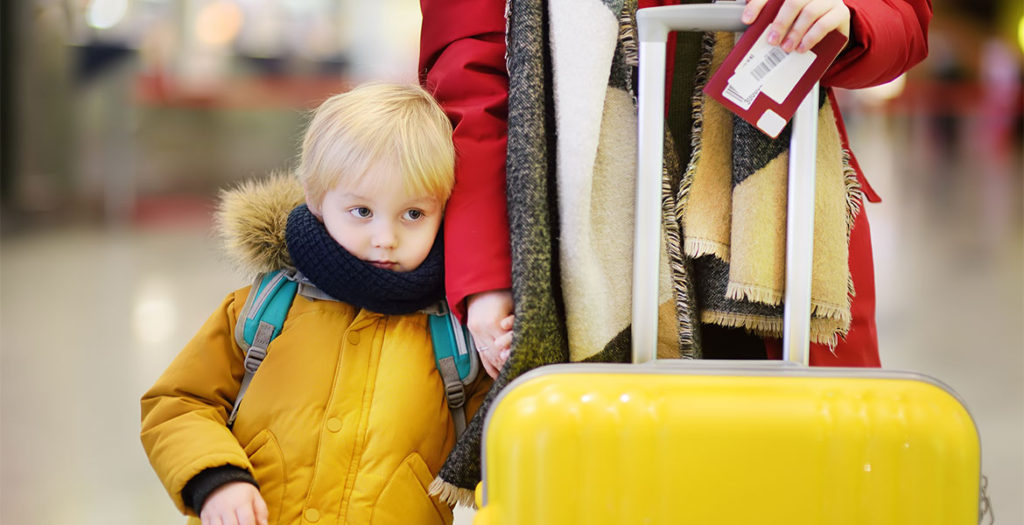
Travelling abroad with children can be tricky at the best of times, but for those parents who do not have the same surname, it is a lot more complicated
We spoke to Emma Newman, Managing Partner at the Stowe Family Law office in Esher.
Travelling abroad with children can be tricky at the best of times, but for those parents who do not have the same surname, it is a lot more complicated.
This is, in part, due to the strict checks that are in place at ports, airports and international railway stations to prevent children from being kidnapped and fleeing the country. Completely understandable laws but they can cause a huge amount of stress, upset and even missed flights for many women and their children as they are stopped and questioned before being allowed to travel.
So, what can you do to ensure your holiday goes smoothly? A lot depends on your particular circumstances but the officials will need to be satisfied with your relationship with your children before you can travel. The best way to avoid any problems is to ensure you travel with the following documents:
Your children’s birth certificate
This document gives the name of your child, their date and place of birth and will match with the details on their passport. It will also give the full names of both parents at the time of their birth. However, if your name has changed since your child was born you will need to take further documents with you.
Proof of your change of name
This could mean travelling with your Marriage Certificate or a Change of Name Deed. It can also be helpful if you have an expired passport in the name you held at the time of the child’s birth (and therefore on the birth certificate). This shows not only your name but it also had a photograph and allows the border officials to marry up the Birth Certificate, Marriage Certificate and the expired and current passports.
Consent form or letter
If you are not travelling with your child’s father, you may need to prove you have the father’s consent to you taking the child abroad. If there is a Child Arrangements Order in place which states that the child lives with you, technically you only need to obtain the other parent’s consent if you are going to be out of the UK for more than 28 days.
However, in every other case, you should have the permission of every other person with parental responsibility for the child. If you don’t have this consent or a Court order, you are committing child abduction.
Asking the other parent to sign a consent form or letter before travelling that sets out their consent is a good idea. The document will need to provide the full contact details of the other parent and details of the trip including the dates, destination and address. Also, attach a copy of the other parents’ passport to the consent form.
It can help to pre-warn your older children that they may get asked questions directly by the immigration officials and that they should not be worried but answer clearly and honestly.
It is not uncommon to get stopped at immigration and a child be asked who the people are that they are travelling with, where they had been and how old they are. You will not be allowed to answer for them so letting children know this may happen can help to reduce any anxiety they may feel or travel issues.
Travelling abroad with children can be stressful. However, you can minimise some of this by packing the relevant documents above. Happy holidays!
